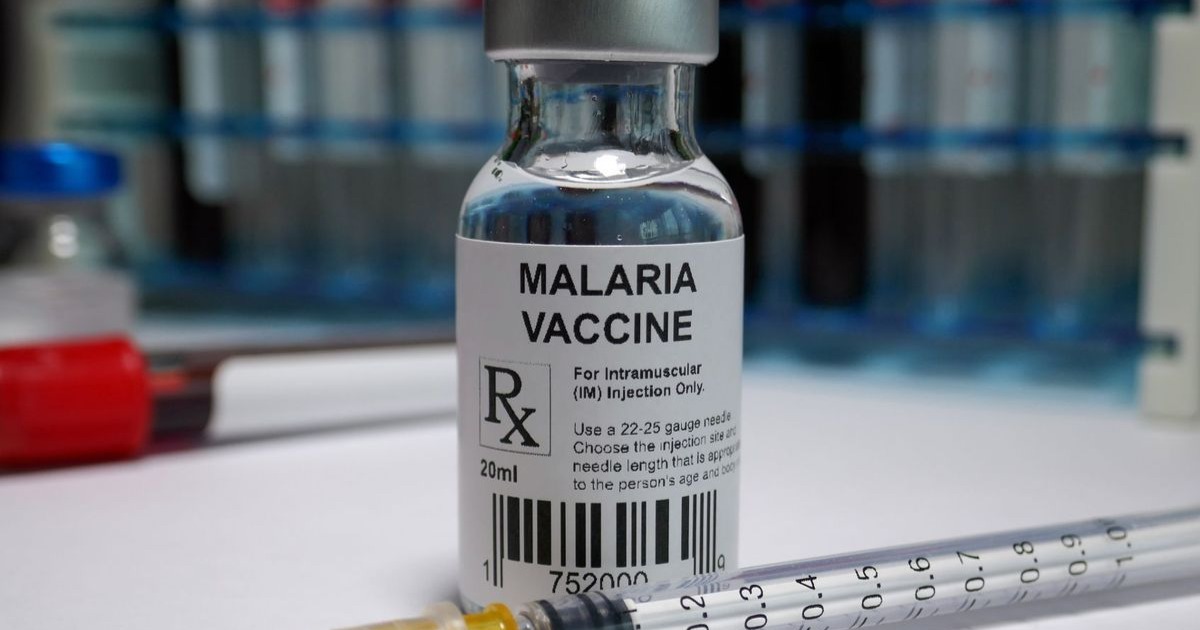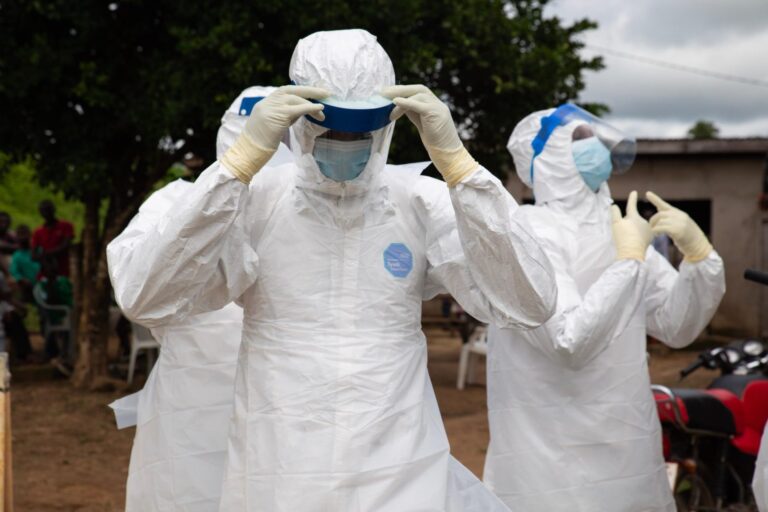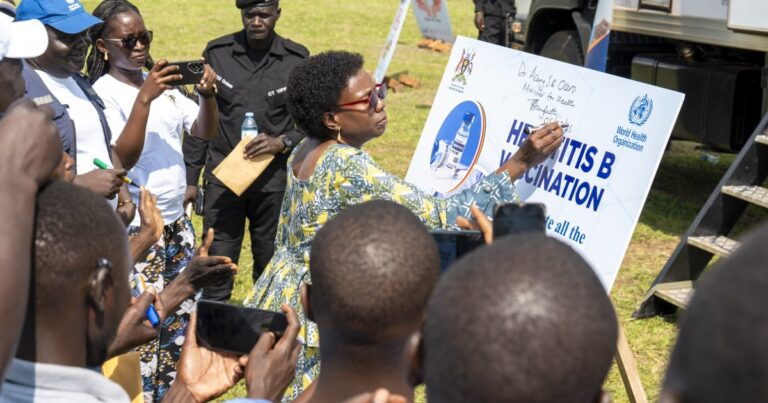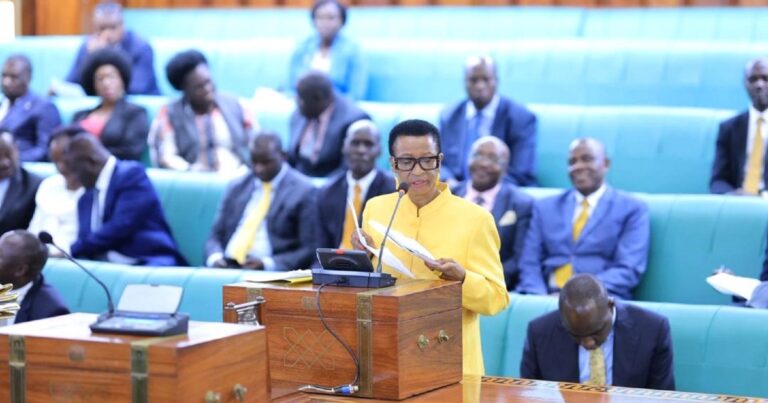Rwanda is reviewing its malaria prevention strategy following a sharp rise in cases and emerging drug resistance, prompting officials to reconsider a vaccine the country previously declined.
According to the Rwanda Biomedical Centre (RBC), infections jumped from 430,000 in 2023 to 620,000 between January and October 2024 — a 45% increase — with October alone recording 112,000 cases. Nearly 90% of these were concentrated in 15 districts, many in cross-border areas like Nyagatare, Gisagara, and Bugesera.
The country had achieved a 90% drop in cases over the past decade, cutting annual deaths from 650 in 2016 to 67 in 2023, and had entered the malaria pre-elimination phase. Officials say the recent surge — the first since 2016 — is linked to mosquito resistance to artemisinin drugs, shifting mosquito biting patterns from indoors to outdoors, and environmental changes creating more breeding sites.
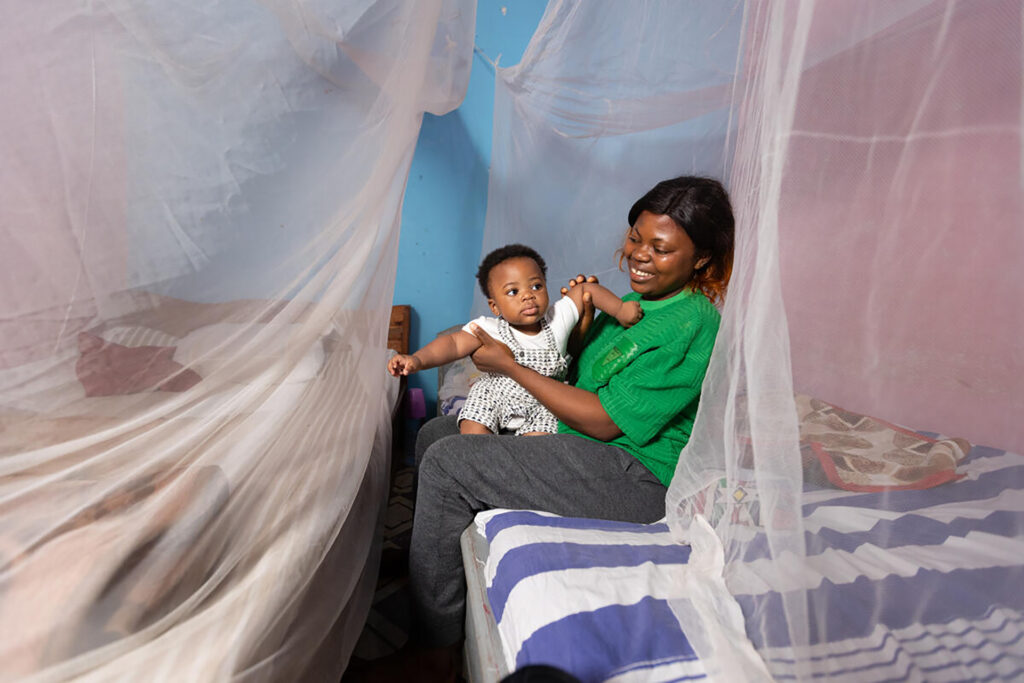
Rwanda has invested over US$1.5 million per district in indoor spraying and expanded mosquito net distribution, but these measures have yet to reverse the trend. Authorities have introduced alternative anti-malaria treatments under a multiple first-line drug strategy.
Seventeen African countries have already rolled out the malaria vaccine with WHO and Gavi support. RBC’s Aimable Mbituyumuremyi says Rwanda now seeks inclusion in the programme as part of its renewed goal to eliminate malaria by 2030.
Source: www.scidev.net

